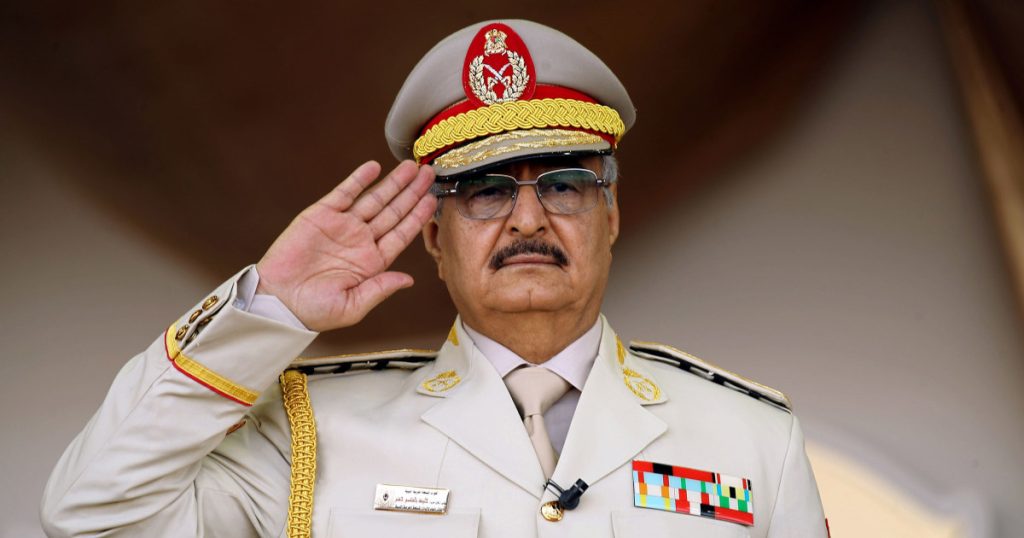U.S. District Judge Leonie Brinkema of Alexandria, Virginia has dismissed civil lawsuits against Libyan military commander Khalifa Hifter, who is accused of committing war crimes during Libya’s civil war. Hifter, who has U.S. citizenship and lived in Virginia for over 20 years, was accused of killing innocent civilians in Libya. Brinkema ruled that she had no jurisdiction to preside over a case alleging war crimes committed in another country. The ruling was a significant reversal from a previous default judgment against Hifter in 2022, which was reopened when he sat for depositions and denied orchestrating attacks against civilians.
Khalifa Hifter, once a lieutenant to former Libyan leader Moammar Gadhafi, defected to the U.S. during the 1980s and is believed to have worked with the CIA during his exile. He returned to Libya in 2011 to support anti-Gadhafi forces and led the self-styled Libyan National Army during the civil war. Hifter controlled much of the eastern half of Libya with support from countries such as Russia, Egypt, and the UAE. He continues to hold influence in the eastern part of the country. The civil lawsuits filed against Hifter in 2019 alleged that his army conducted military bombardments in civilian areas resulting in the deaths of family members of the plaintiffs.
Despite claims that Hifter and his family owned property in Virginia that could be used to pay off any judgment against him, the lawsuits were dismissed on technical jurisdictional grounds. Hifter’s lawyer, Paul Kamenar, maintains that his client denies any involvement in the deaths of civilians and disputes the portrayal of Hifter as a ruthless figure. Faisal Gill, a lawyer for one of the plaintiffs, plans to appeal the dismissal, while Mark Zaid, representing another group of plaintiffs, found the ruling perplexing. The plaintiffs’ lawyers argue that the court’s jurisdiction to hear the case had already been established and that a U.S. citizen should be held accountable for committing war crimes abroad.
Hifter had tried to claim immunity from the lawsuits as a head of state, and at one point, the judge paused the cases amid concerns that they were being used to influence scheduled presidential elections in Libya, in which Hifter was a candidate. The elections were later postponed. Despite the dismissals, the allegations against Hifter regarding his involvement in the targeting of civilians during the civil war in Libya continue to persist. While the legal battle in the U.S. courts has been halted, the possibility of pursuing accountability for these alleged war crimes remains uncertain. Hifter’s denial of any role in the civilian deaths contrasts with the claims made against him in the civil lawsuits, leaving unresolved questions about his actions during the conflict in Libya.


